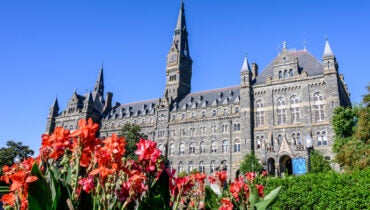The Georgetown Institute for Women, Peace and Security asked some of Georgetown’s favorite professors about the role of women in defense, diplomacy and development. This is what they said:
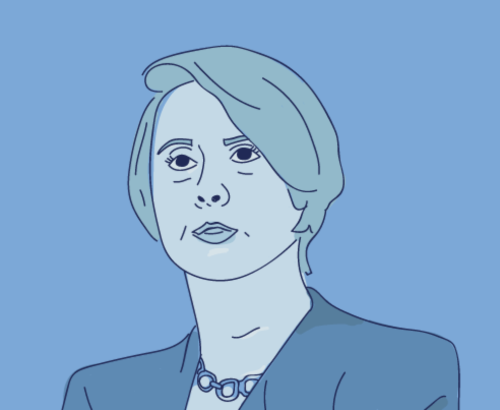
“Diplomacy depends on the ability to develop relationships and to write effectively and persuasively to multiple audiences on policy issues. Whether that is cables from the field to capitals or within the bureaucracy to the Secretary, I figured out early that what I wrote did not go in pink ink. It was in black and white like everyone else’s. It was the quality of the policy writing, the intellectual skills behind it, the professionalism it reflected, that was important, not my gender. It was gender neutral.”
–Ambassador Barbara Bodine, Ambassador to Yemen (1997-2001) and Director of Georgetown’s Institute for the Study of Diplomacy
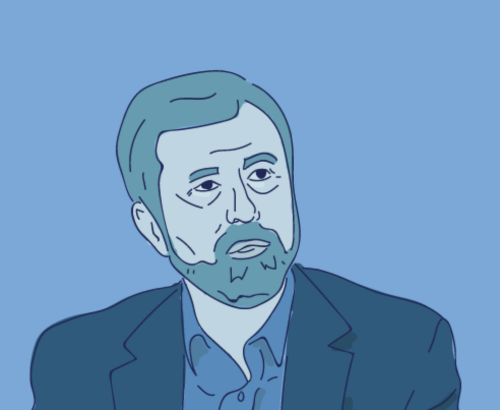
“Women are uniquely impacted by poverty because they have the fewest opportunities of anyone in the world. Wherever they are, they are systematically left out of opportunities to go to school, systematically left out of opportunities to get jobs, systematically excluded from healthcare, from everything. In any community, in the United States as well, in that given community they are going to be poor because of the absence of equal opportunities. Therein lies the opportunity, or the way forward, that has just begun to be realized in the last generations, to make those opportunities for women and girls.”
–Steve Radelet, Former Chief Economist at USAID and Director of Georgetown‘s Global Human Development Program
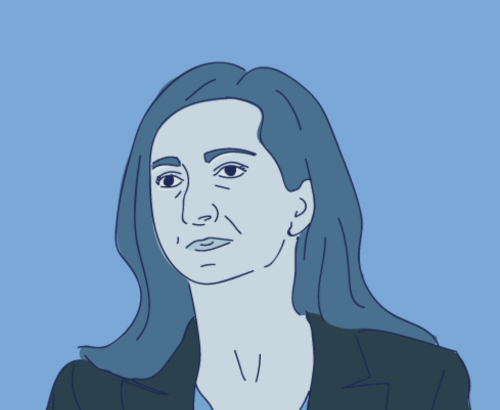
Peacekeeping is a tool of intervention that actually works, and it works better the more women are involved. We need more women in peacekeeping.
– Lise Howard, Founding Director of Georgetown’s Master of Arts in Conflict Resolution Program

“The military, especially in counterinsurgency, needs to be uniquely engrained and tied in with development agencies, with State agencies, and there has to be a collective and a cohesive mission if we are going to be successful. Women bring an important perspective to that, and not just because they’re women or because of what we have on under our uniforms, but because of the diversity of thought, diversity of life experiences, and a diversity of approaches to these really complex problems that individuals who happen to be women bring.”
–Kyleanne Hunter, Former Officer in the U.S. Marine Corps and Adjunct Professor in the Security Studies Program
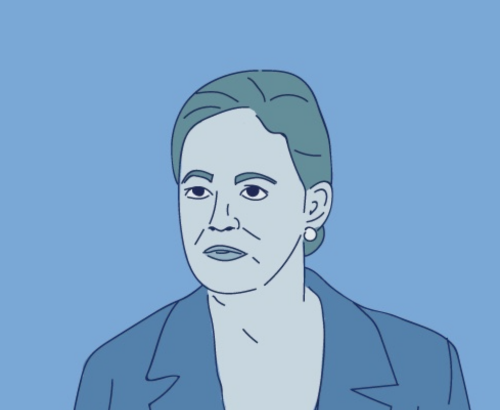
“If we are going to do a better job ending extreme poverty and resolving conflict around the world, we simply need for the next generation of experts to be aware that there is a growing mountain of evidence that [diversity and inclusion] is essential, particularly at a time when there are forces pushing back against that inclusiveness.”
–Carla Koppell, Former Vice President at USIP and Distinguished Fellow at the Georgetown Institute for Women, Peace and Security
This discussion was organized by Rebecca Hinkhouse, a senior in Georgetown‘s School of Foreign Service who currently serves as a HoyasForShe Fellow at the Georgetown Institute for Women, Peace, and Security.
Designs by Karla Leyja, a senior at Georgetown University.


